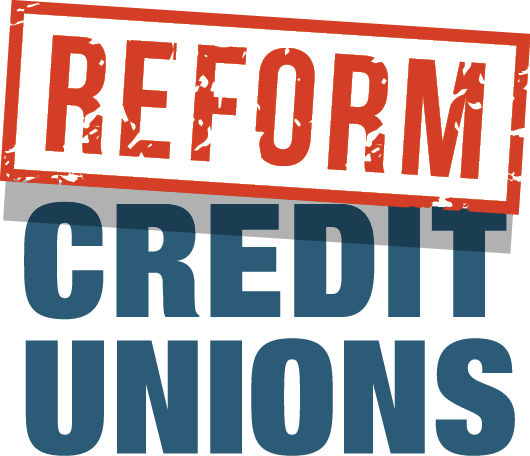Last month, the National Credit Union Administration (NCUA) Board of Directors unanimously approved the agency’s $385 million budget for 2024. As usual, this annual vote received little (if any) attention outside of credit union circles. But with recent headlines concerning lending practices at America’s largest credit union and subsequent calls from House Financial Services Committee Ranking Member Maxine Waters (D-CA) to investigate, the debate regarding NCUA’s ability to adequately assess consumer protection and fair lending violations at credit unions deserves closer scrutiny.
Chairman Harper highlighted this critical issue in his opening remarks at the NCUA’s budget briefing and noted the draft budget included funding to hire additional consumer compliance specialists. This would better enable the NCUA to align its practices with those of the other prudential regulators and ultimately benefit credit unions and their members. Sounds like a reasonable idea – right?
Credit union trade groups, apparently, strongly disagree.
They loudly objected that even this mild attempt at responsible oversight – hiring more compliance staff to help better oversee more than 4,000 credit unions – is unnecessary because of the “credit union difference.”
One credit union trade group argued that “credit union members need no significant additional investment of NCUA resources to protect them from the institutions they own.” Another went so far as to call it “completely unwarranted.”
Let’s unpack some of that. The “credit union difference” is industry shorthand for what the drafters of the Federal Credit Union Act envisioned – small, thrifty, member-owned financial institutions that improved access to basic banking services for people of modest means. Some credit unions still largely resemble that early ideal. However, suggesting that the original “credit union difference” renders basic consumer protection oversight unnecessary for the entire industry ignores that many of today’s credit unions are a far cry from what Congress envisioned in 1934.
More than a few credit unions now have members spread across America, and several credit unions have, rather than returning money to their members, spent tens of millions of dollars buying banks and the naming rights to stadiums and other prominent venues. In many cases, the only real “credit union difference” is that credit unions don’t pay taxes, don’t adhere to the Community Reinvestment Act, and aren’t federally required to report the overdraft fees and other fees they charge their members.
In response to a question from an industry lobbyist about the new consumer compliance specialist roles, Chairman Harper acknowledged that the NCUA does not currently examine credit unions’ consumer compliance programs in a holistic way. He reiterated that this lack of oversight makes the NCUA an outlier compared to other banking regulators.
In an unexpected twist, he added, “In a world where you’re seeing more credit unions acquiring banks, I’m not sure that you can be justified in saying that the former bank customer should be treated differently just because they now have a credit union.” He concluded, “They deserve the same level of consumer financial protection.”
As the new year begins, credit unions are at a crossroads.
It’s been almost two decades since Congress last held a hearing on credit unions in 2005, and the previous hearing was 20 years before that, in 1985. Given the rapid changes within this increasingly complex industry, Congress must conduct more frequent oversight.
America’s 138 million credit union members cannot wait another year (let alone 20 years). The time for a hearing is now.
